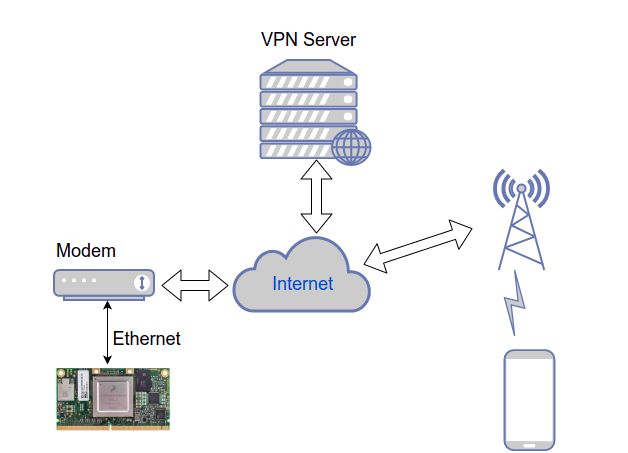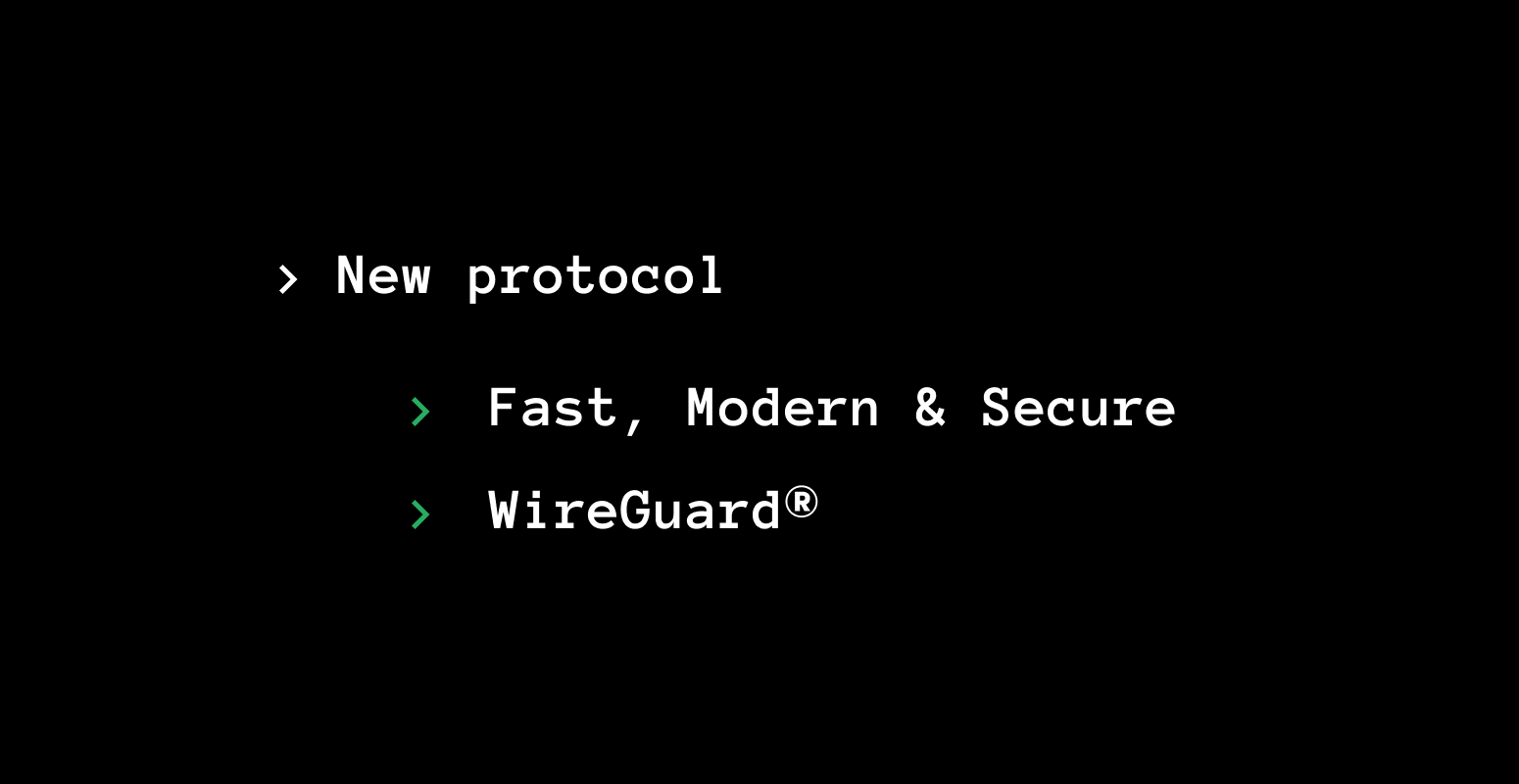Featured
Table of Contents
What Is Wireguard: Vpn Protocols 101
Among the most popular VPN services,, was the very first of the bigger VPNs to use Wire, Guard's protocol. Nord, VPN thought so extremely of Wire, Guard that it took things further and modified the open-source offering to produce Nord, Lynx, its tailored procedure that provides among the fastest VPN connections.
When comparing Open, VPN and Wire, Guard, it is necessary to think about the strength of encryption however also speed, and flexibility in terms of how easily it can be integrated into various networks. is an open source protocol that was created in 2001, and regardless of its age most encryption tools support it, and so it has ended up being the most popular of all VPN options on the marketplace.

These are all protocols that develop an encrypted tunnel in between an individual's computer and a resource that they are connected to, like an application or a server someplace. This keeps the data being transferred in between them private. How do I setup Wire, Guard? Setting up a Wire, Guard application is easy.
Introducing Wireguard Vpn - Fast, Simple, Secure

This includes typing in the IP address, port number and other information and after that triggering the customer. What's much better: IPSec vs Wire, Guard? It all depends upon the network environment you are utilizing. There are many reports that Wire, Guard uses the same level of encryption while making connections faster, however some enterprises might choose IPSec due to the type of cryptography algorithms it supports.
There are numerous free VPNs that support Wire, Guard, and it is likewise consisted of by default in the Linux kernel, so those who are adept at programs can develop these kinds of encrypted connections just by typing in the command line. Wire, Guard is likewise supported by subscription-based security products.

From then on all connections will be tunneled using Wire, Guard instead of alternative procedures. Is Wire, Guard safe to utilize? Though it is fairly brand-new on the scene, Wire, Guard's small codebase has actually been thoroughly tested and investigated, and it's inclusion on the Linux kernel is a massive vote of confidence in its security.
How Can Wireguard Technology Help Maintain Mobile ...

The majority of VPN services that exist today were developed a long time back, so they're quite slow and are extremely crafted., a task that puts security and simpleness.
He set out to create a completely brand-new VPN protocol and execution that would avoid some of the design decisions that transformed other tunneling technologies into monster tasks with big code bases and countless knobs and switches. For one, the Wire, Guard protocol gets rid of cryptographic agility-- the idea of providing options among different file encryption, essential exchange and hashing algorithms-- as this has led to insecure releases with other innovations.
The protocol is likewise stealthy, as it does not respond to any packages from peers it does not recognize, so a network scan will not reveal that Wire, Guard is working on a machine. what is wireguard protocol and how does it work?. Furthermore, the connection in between peers, which can function as both clients and servers at the exact same time, go quiet when there's no exchange of information.
How Wireguard Works - Learning Wireguard Video Tutorial
The main Wire, Guard execution is for Linux and comes in the form of a kernel module. The code is planned to be easily auditable, with Donenfeld saying it can be read in an afternoon. Compared to Open, VPN which has more than 100,000 lines of code and depends on Open, SSL-- another huge codebase-- the Wire, Guard kernel module has around 4,000 lines of code and the crypto code is built into it.
Aside from some community-supported Android firmware projects that incorporated the Wire, Guard kernel module, the non-Linux Wire, Guard implementations run in userspace and do not gain from the same efficiency as the kernel execution. That stated, they still manage to match or outperform Open, VPN. The Wire, Guard kernel module is readily available in the plan repositories of all major Linux distributions and even some specific ones.
6, released on March 29, 2020, Wire, Guard is one of the innovations that are constructed in by default. This is also considered Wire, Guard's first stable release, or version 1.
Openvpn Or Wireguard Vpn
Donenfeld accepted the compromise and was mostly satisfied with the outcome."It's not called 'Zinc' any more, and a few of the style choices I liked aren't there, however I believe the lion's share of what we sought exists, and a couple of other pieces ought to be possible to upstream one at a time," he said in a message to the Wire, Guard job's subscriber list at the time.
After that, things moved fairly quickly, with numerous reviews, bug fixes and changes in the course of a couple of months before the stable release. To improve Wire, Guard performance on Windows, Donenfeld and the other Wire, Guard developers have created a new, simpler open-source TUN driver called Wintun. Windows doesn't provide a native TUN virtual device and while some chauffeurs exist to attain this from projects such as Open, VPN or Soft, Ether, they were written a very long time ago and have different concerns."These jobs were composed in a various age, the era of NDIS5, and after that ported later to NDIS6," Donenfeld composed in an e-mail in March announcing the task.
Even before reaching a steady version Wire, Guard was currently being utilized in production. Some commercial VPN provider provide Wire, Guard servers and there are continuous efforts to build mesh networking tools around it. It is not yet "business prepared" and it's uncertain if it will ever be due to the fact that its developers are unwilling to include brand-new features that are just useful to a subset of users or cover edge cases because that's how other projects became overly complicated.
Wireguard – A Modern-day Vpn Protocol
For example, business need to release and set up brand-new software application on a a great deal of computer systems in an automatic manner, but the distribution of public secrets among peers and crucial management are not covered by the Wire, Guard job itself and will need to be implemented as a separate tool.
Wire, Guard, which makes it more available than some proprietary innovations. Its open source also makes it much more friendly when setting it up on gadgets that do not support Wire, Guard natively.
Wire, Guard has to be an alternative without any shadows of doubt. Wire, Guard works by on the VPN servers so that the data packages wouldn't be mixed amongst its users. In principle, this can seriously threaten the user's privacy as this is one of the essential vulnerabilities that a burglar could target.
Latest Posts
The 5 Best Vpn Services For The Bay Area
Which Vpn Is Best For My Business?
Best Free Vpn For Business In 2023